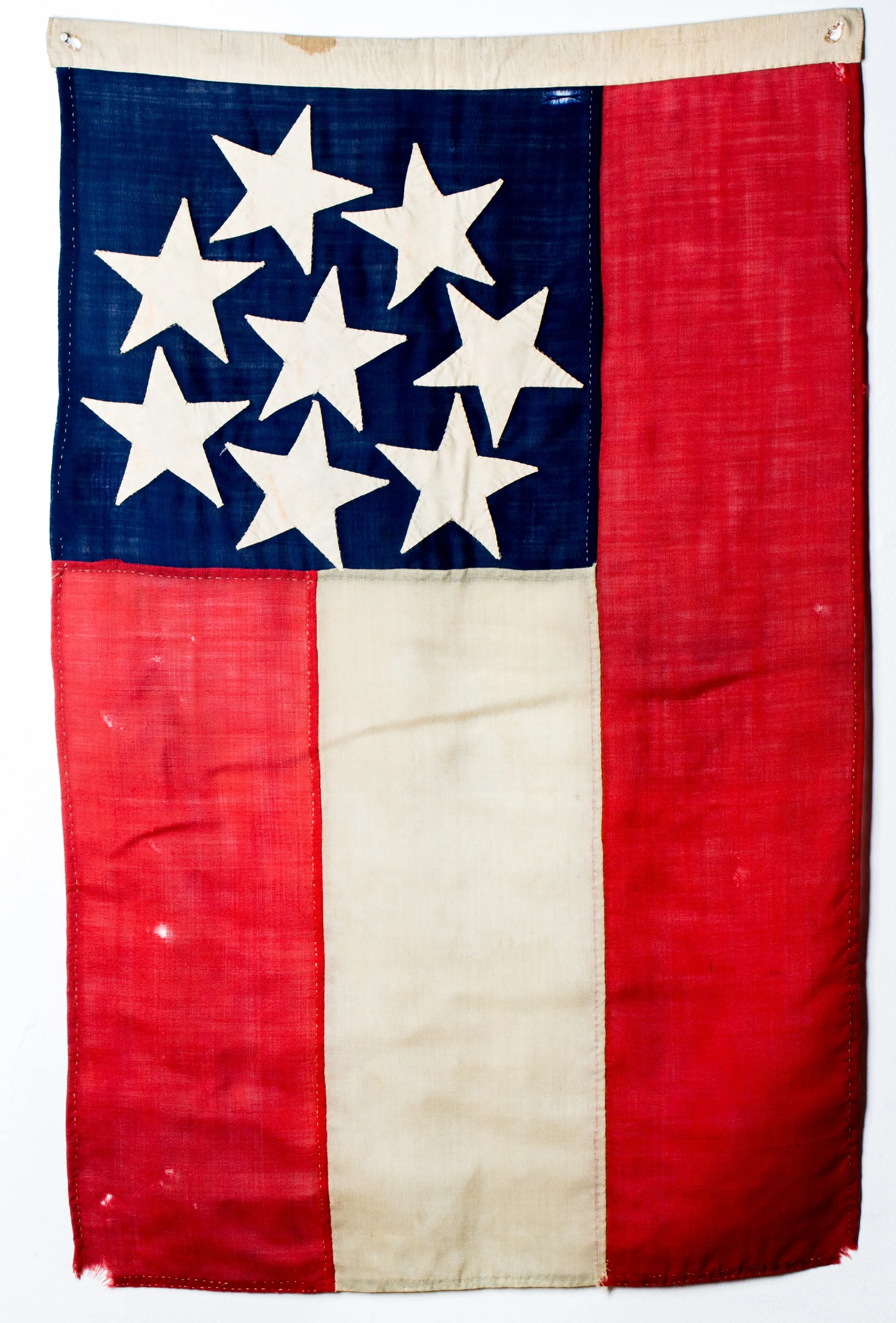“Where were they not on that gory field?”: The Chesapeake Artillery and the Battle of Sharpsburg
/Many accounts by Civil War veterans, both postwar and contemporary, contain errors, omissions, and outright fabrications driven by dynamics that range from simple memory lapses to protecting or enlarging reputations. One such case involves the participation of the Chesapeake Artillery (4th Maryland Light Artillery, CSA) in the battle of Sharpsburg, called Antietam by the Federals. Numerous postwar and even contemporary accounts, including the battery’s most oft-cited contemporary unit history as well as that of at least one modern historian, place the Chesapeake on the field during the battle of September 17, 1862. However, a careful examination of the contemporary historical record clearly indicates that the company was miles away from the fighting that day.
Read More






